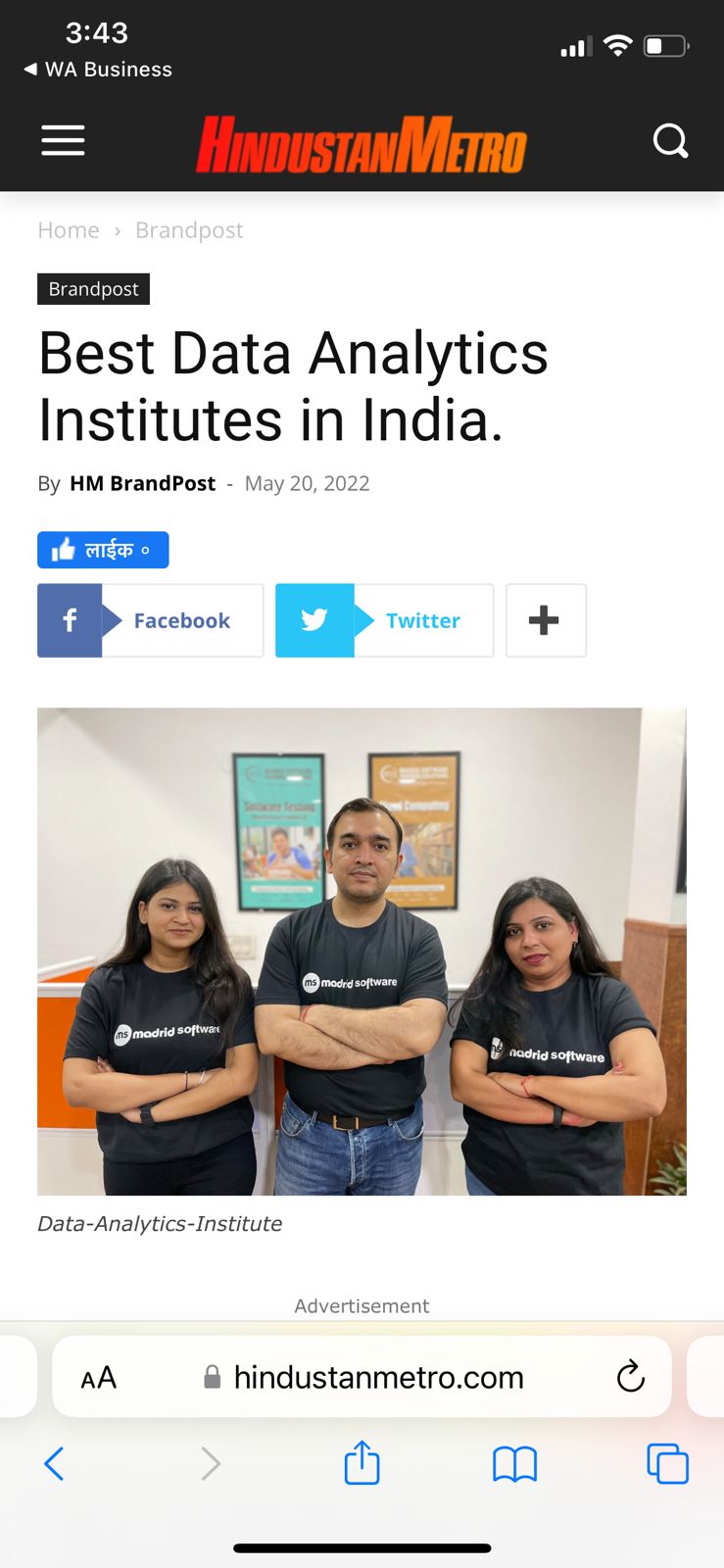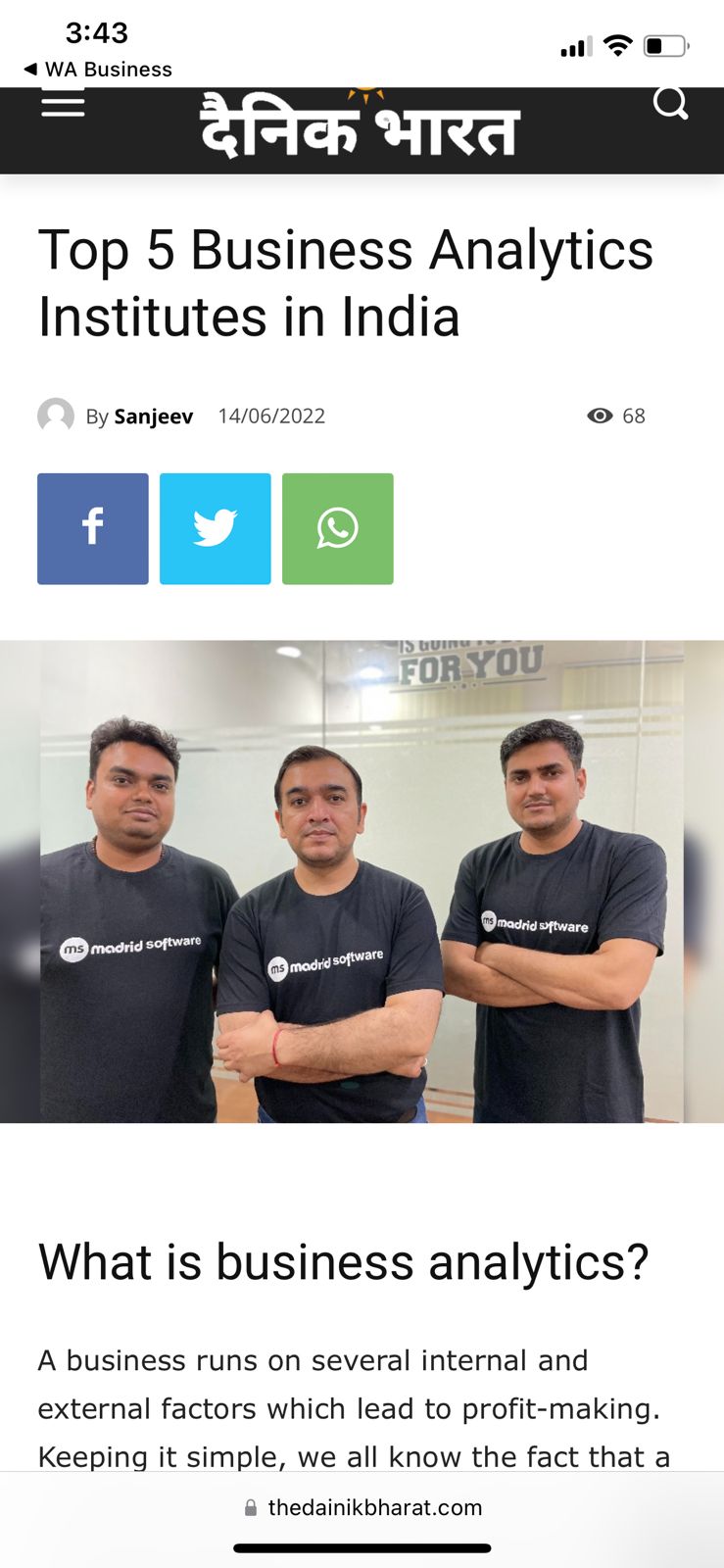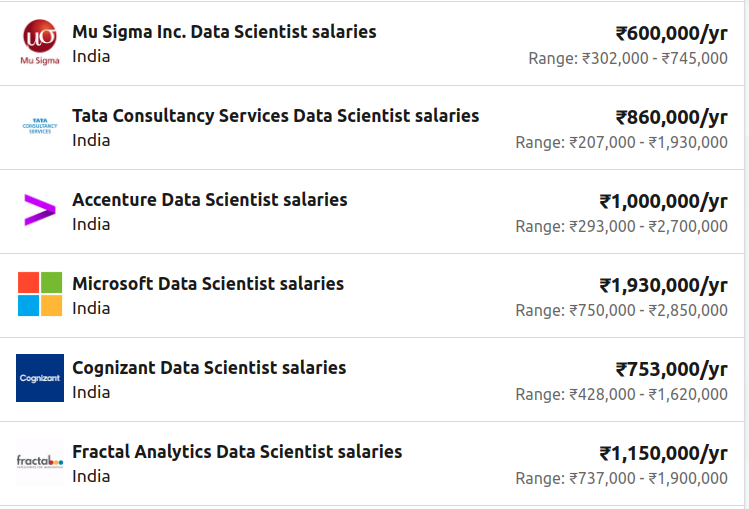What is a Hybrid App?
A hybrid app is a software app that combines components of native and web apps. They are primarily web apps in a native app environment that connect with the mobile platform capabilities embedded in the app.
Why Should you Choose Hybrid Mobile App Development?Hybrid apps utilize shared code to employ across multiple Android and iOS. It provides an ideal blend of native and web characteristics. It provides a lucrative opportunity for companies looking for an application that works on several devices to widen their business horizons. It lets you captivate customers no matter what platform they use. Whether you want an app to lure, be a game, or take photos, these apps offer many good options to leap into the mobility world.
Critical Advantages of Hybrid Apps So many companies go hybrid because hybrid mobile apps cost less than native apps. It takes less time to create hybrid apps, and it is easier to manage them.
Here are the five significant advantages of hybrid apps:
Easier To Scale on Another PlatformAs hybrid apps use a single codebase, they can be employed across devices. For instance, when you develop them for Android, you can quickly launch them on iOS.
Only One Codebase to ManageUnlike a native application, where you have to develop two apps, with a hybrid software building, you create only one app, so you only need to manage one database.
Faster Build TimeSince there is one database to manage, it takes less time to develop a hybrid app than a native one.
Low Development CostHybrid app development cost is less than native apps. Because developers write one set of code, the initial costs and the maintenance costs are low. So, they are much more affordable than the native ones.
Offline AvailabilityHybrid applications will work in an offline mode due to their native infrastructure. Users can still load the application and see the previously loaded data if they can't access real-time data.
Enhanced UX/UIHybrid applications combine the benefits of native and web apps and offer a continuous and flawless user experience across iOS and Android platforms. Besides, the lightweight hybrid application UI assists in loading content and graphics efficiently. The hybrid apps adapt to distinct device screens for easy data display and excellent data streaming. The impressive UI experience even improves the chances of the application's approval at the app store.
Wider Market ReachThey are perfect for targeting distinct platforms with one solution. In this competitive market, it becomes a golden and cost-effective option to reach out to a high number of users using other mobile platforms.
Easy to MaintainHybrid mobile app development offers simplified maintenance. For native apps, the app development teams need to roll out new versions for every platform with each update. A hybrid app removes versioning and makes app management as simple as updating a web page in real-time.
With many years of experience in hybrid app development training, Madrid Software is the best app development institute in Delhi, and it is the best institute for app development.
So, contact Madrid software if you are looking for a hybrid app development course in Delhi. The app development course fees are reasonable.
At Madrid Software, we believe in providing a full-fledged hybrid app development course in Delhi of your desire, where our industry experts have designed a top-notch curriculum just for you. Madrid Software is a smart choice for a Hybrid app development institute in Delhi.
.png)







.jpg)
 (1) (1).jpg)







.jpg)
.jpg)
.jpg)
.jpg)


 (4).png) Call Now
Call Now